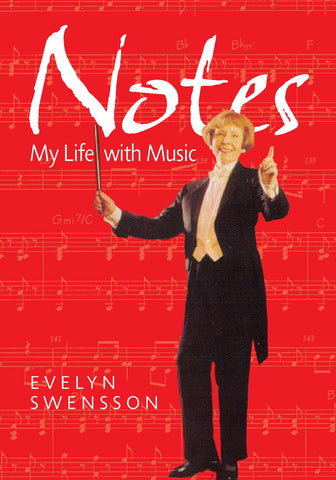"The Birth of Virginia's Aristocracy" now available as an ebook October 07 2014
The Birth of Virginia's Aristocracy
This engaging book explains how a few scoundrels in 17th century Virginia made themselves into a social upper crust that ruled the Old Dominion for over two centuries
In a revised electronic edition of “The Birth of Virginia’s Aristocracy,” author James Thompson explains that took more than money and political clout for Virginia’s biggest planters to transform themselves into an "aristocracy". It also required the contrary opinion of Colonel Richard Lee II who transferred his allegiance from the squabbling, fragmented community that surrounded him to a distant English Lord.
Commonwealth Books of Virginia is pleased to announce the publication of a revised edition of James Thompson’s “The Birth of Virginia’s Aristocracy.” It will soon be available in electronic formats for popular handheld readers.
About The Birth of Virginia’s Aristocracy:
James Thompson notes in his introduction that he is a philosopher, not an historian. The significance of his training becomes apparent in his account of how civil society developed in 17th century Virginia. Mr. Thompson begins his narrative by explaining that the Virginia Company was founded by men who aimed it to make MONEY. The author describes the natural disasters and corruption that led two decades later to the company's collapse and the reclamation of its Jamestown colony by England's king in 1624. He explains how social visionary Edmund Sandys tried to save the faltering enterprise by shifting its focus from generating business profits to manufacturing a viable community. Sandys did this, Thompson explains, by attracting productive new citizens with economic incentives, private land ownership, and a community “parliament”. Thompson interprets Sandys’ "commonwealth" experiment into a first principle of society: economic policies determine to fate of a society. Virginia’s commonwealth survived, he observes, because Sandys' ingenious scheme succeeded in transforming what had been a starving commune into a thriving marketplace. Thompson describes how growth snarled the commonwealth’s “civil society” in politics. He finds in this a second principle of society: as the cell grows it divides. In Virginia, increasingly distanced landowners encountered increasingly different opportunities and faced increasingly different problems. Seeking a way to manage its colony’s proliferating problems and conflicts, the Virginia’s Company’s London Council followed Sandys' recommendation and authorized its colonists to establish a local legislature where they could define their common good and make their laws. Doing these things made politics an integral aspect of Virginia’s fledgling society. It quickly became a divisive force. An ominous turn occurred in 1660 when Governor Berkeley began packing the legislature with his friends. In the process, Thompson observes, he created the privileged, wealthy set that is remembered today as Virginia’s “aristocracy”.
For information about the book and reseller discounts, contact James Thompson at jct@commonwealthbooks.org or at 703-307-7715.

The Birth of Virginia’s Aristocracy
By James C. Thompson
American History/Political Philosophy
ISBN (print - Paperback): 978-0-9825922-0-5
ISBN (ebook - PDF): 978-0-9825922-1-2
ISBN (ebook - Mobipocket): 978-0-9904018-6-5
ISBN (ebook - EPUB): 978-0-9904018-7-2
Paperback Edition: 150 pages / $16.00
E-book Editions: 140 pages / $5.95
Release date: October 30, 2014
Distributed by Small Press United of Chicago (312-337-0747)
View book details online at: http://www.commonwealthbooks.org






